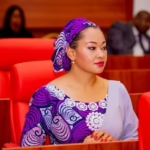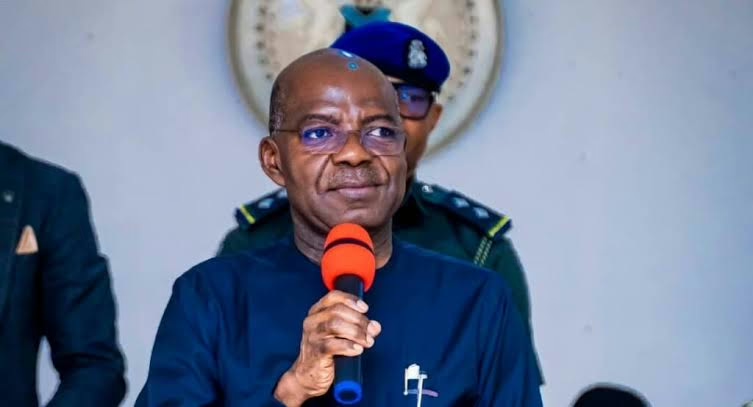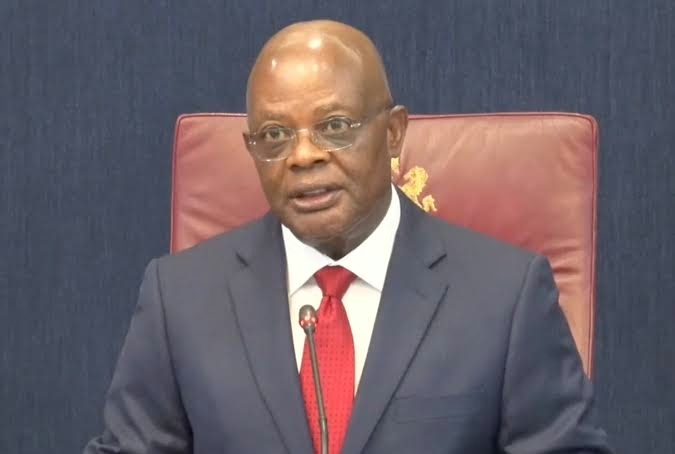Senior lecturer in economics at the Pan Atlantic University, Olalekan Aworinde, said the speed at which the legislative body grants approval to the loan requests made by the executive arm created an impression that requests were not properly vetted.
He advised that the NASS should evaluate the efficacy of existing loans and their sustainability before granting approvals for new ones.
“The national assembly needs to look at existing loans: how have the existing loans been applied; have they been used for the purposes they were earmarked for or the purposes the government claimed they were for.
“What is the level of implementation of the projects the government said the loans were being acquired for. They are supposed to know these before they approve another loan.”
Another expert and a professor of economics at the Olabisi Onabanjo University, Ogun State, Sheriffdeen Tella, said the actions of the legislature with regards to external loans approval were unbecoming.
He said that the NASS had a duty to not only evaluate the impacts of the loans acquired by the executive but also pay attention to public opinion.
Dr Muda Yusuf, an economist and private sector advocate, said that the processes of approving loan requests made by the presidency in the National Assembly are largely political.
He said for the National Assembly to ensure due diligence, the legislators need to have a deeper and non-partisan conversation on the issue of sustainability of the country’s debt.
“The processes are largely political,” he said, adding, “They should have a deeper and nonpartisan conversation on the issue of sustainability of the country’s debt.”
Yusuf stated, “From reports, this request is new as it was not covered in the original borrowing. It is an addendum to the original plan which had already been approved. There is merit in borrowing for infrastructure development, but even at that, the capacity to service the debt sustainably should be a critical consideration.
“The risk is that at this rate, part of the borrowing will inevitably be used to fund recurrent expenditure. Already, actual revenue can hardly cover the recurrent budget. The risk of ending up in a debt trap is quite high.”
An Abuja-based financial expert, Mr Kalu Aja, told our correspondent that the National Assembly needed to consider how the loans would be repaid and how it would affect the revenue to debt ratio.
He said, “They need to confirm how many local jobs this loan will create.
“Nigeria’s debt repayment is currently unsustainable. It is especially risky to borrow in USD and expose the sovereign balance sheet to exchange rate risks.”
Kalu said should crude oil prices fall, the capacity to repay was doubtful.
“Particularly, I am fascinated that foreign lenders still make these loans to Nigeria,” he said.
Credit: Punch











Leave a Reply